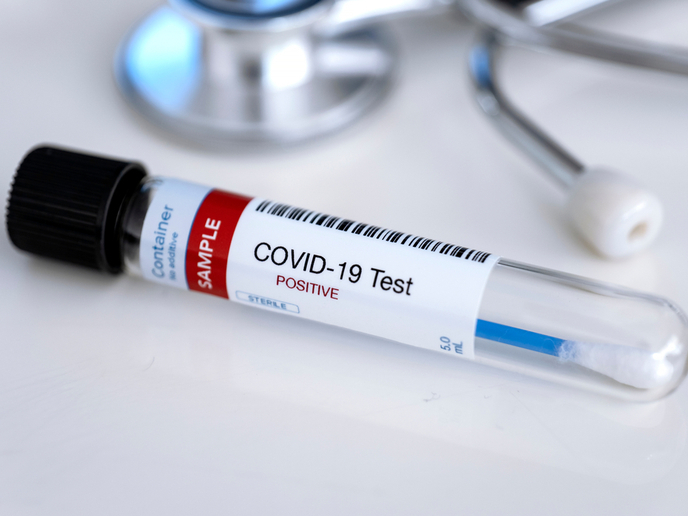Vaccinating against age-related autoimmunity
The 'Normalisation of immune reactivity in old age - from basic mechanisms to clinical application' (Tolerage) project is taking a fresh new approach to the study of autoimmunity. The 10-member consortium is focused on restoring the age-dependent decline of auto-tolerance associated with the age-related development of atherosclerosis (AS) and rheumatoid arthritis (RA). The main line of research has team members investigating the basic mechanisms of age-related changes in immune function, establishing and refining animal models for RA and AS and discovering how the immune response can be normalised. Tolerage is using animal and in vitro models to study induction of tolerance against autoantigens and heat shock proteins 60 and 70 (HSP60 and HSP70), which significantly affect the development of AS and RA. Age-related effects on the various processes along with comparisons between young and old people and animals were the major focus for the first reporting period. Results so far have shown that mature medullary epithelial cells (found in the loose connective tissue of organs) are lost in the ageing thymus, which is a specialised organ of the immune system. A new strategy has been validated for experiments inducing tolerance in a mouse RA model, and HSP70-inducing compounds have been identified. Work in the second phase will build on the wide-ranging achievements of the first and extend initial experimental findings. The main objective of Tolerage's second reporting period has been to take advantage of initial results to study the tolerance process and gain further insights into the molecular basis of RA and AS. Importantly, Tolerage has accomplished its goal of developing tolerising vaccines against these paradigmatic age-related diseases in both experimental RA and AS by vaccinating with HSP70 and HSP60, respectively. Knowledge gained from these studies has the potential to provide further insights into the processes influencing the ageing immune system. Project partners expect that successful outcomes in the above areas will form the basis on which other studies could translate the results to the human body.







